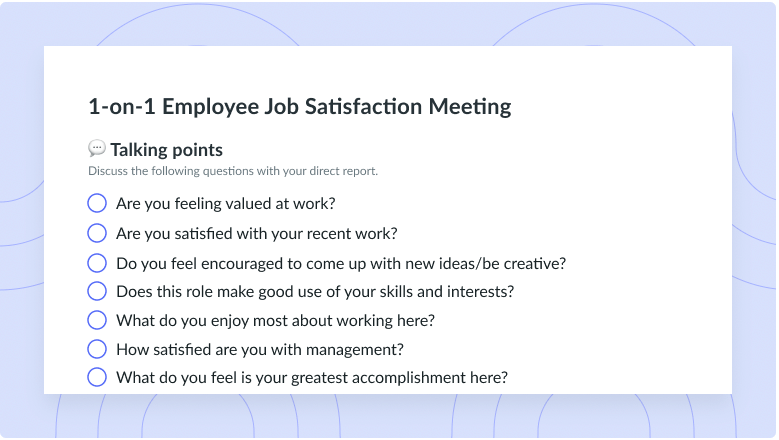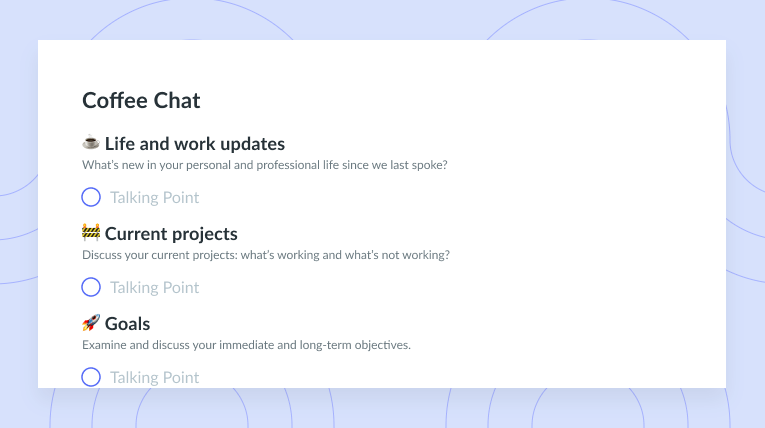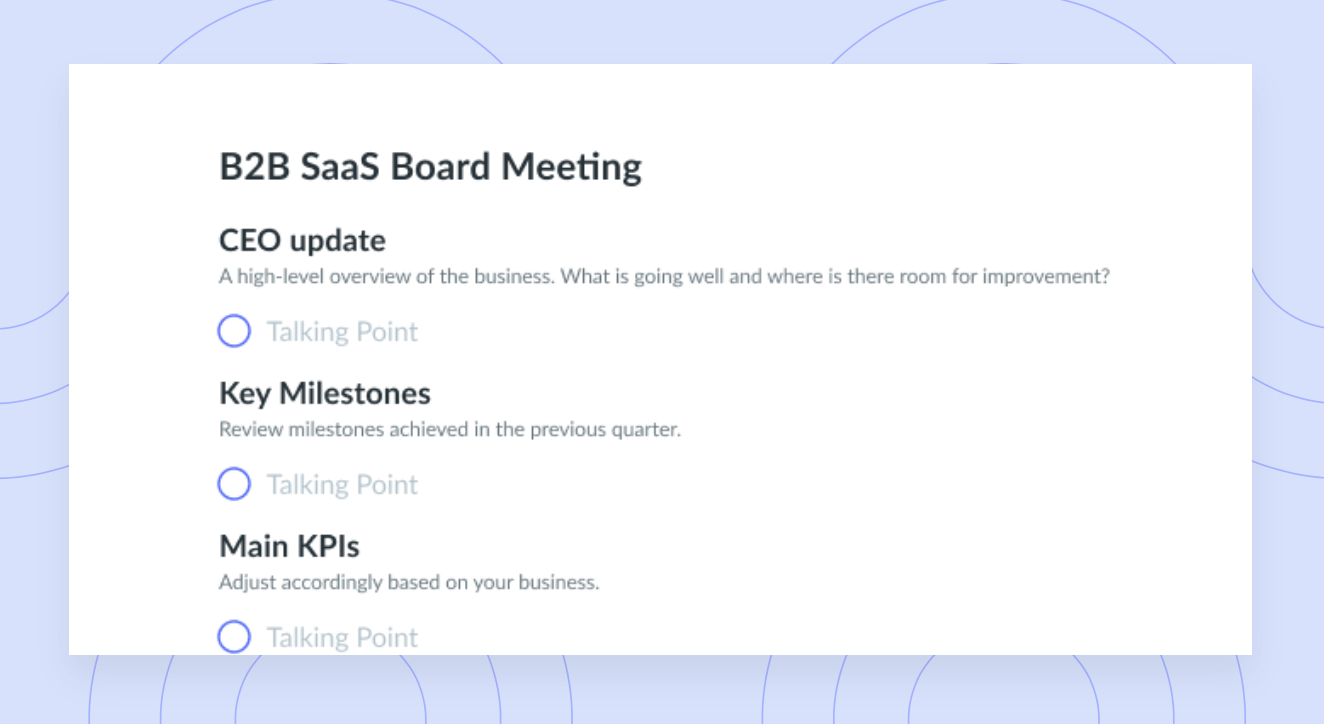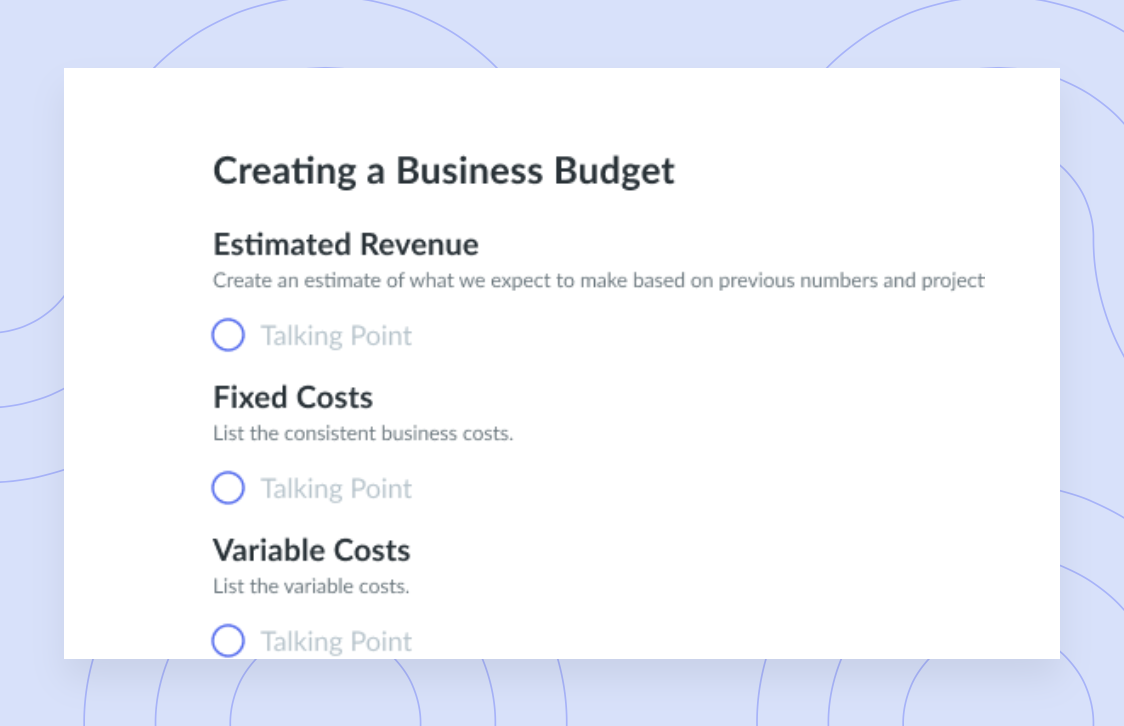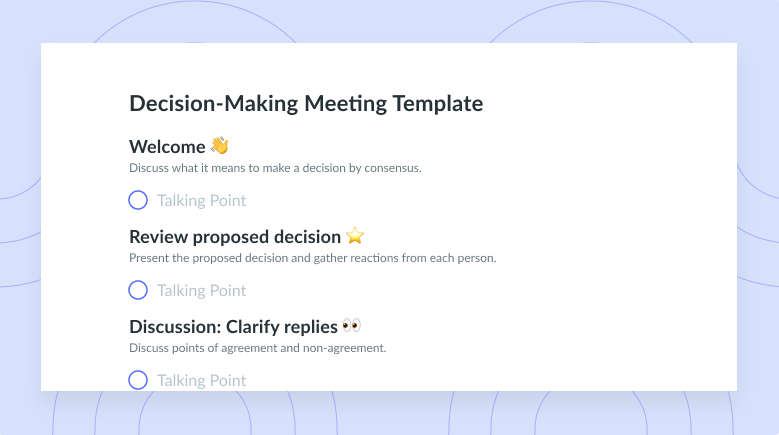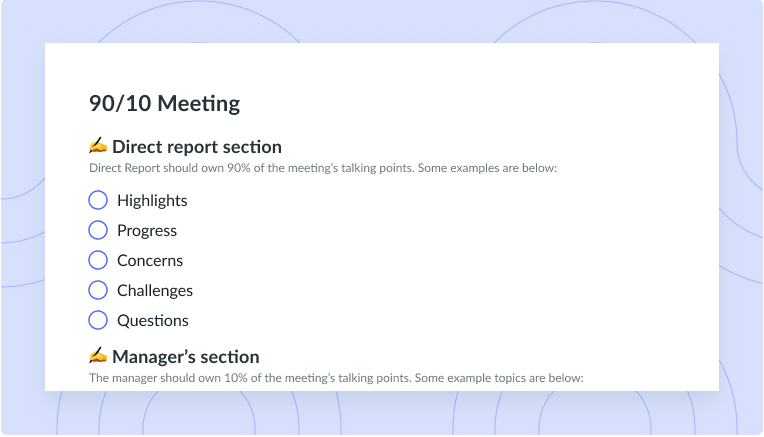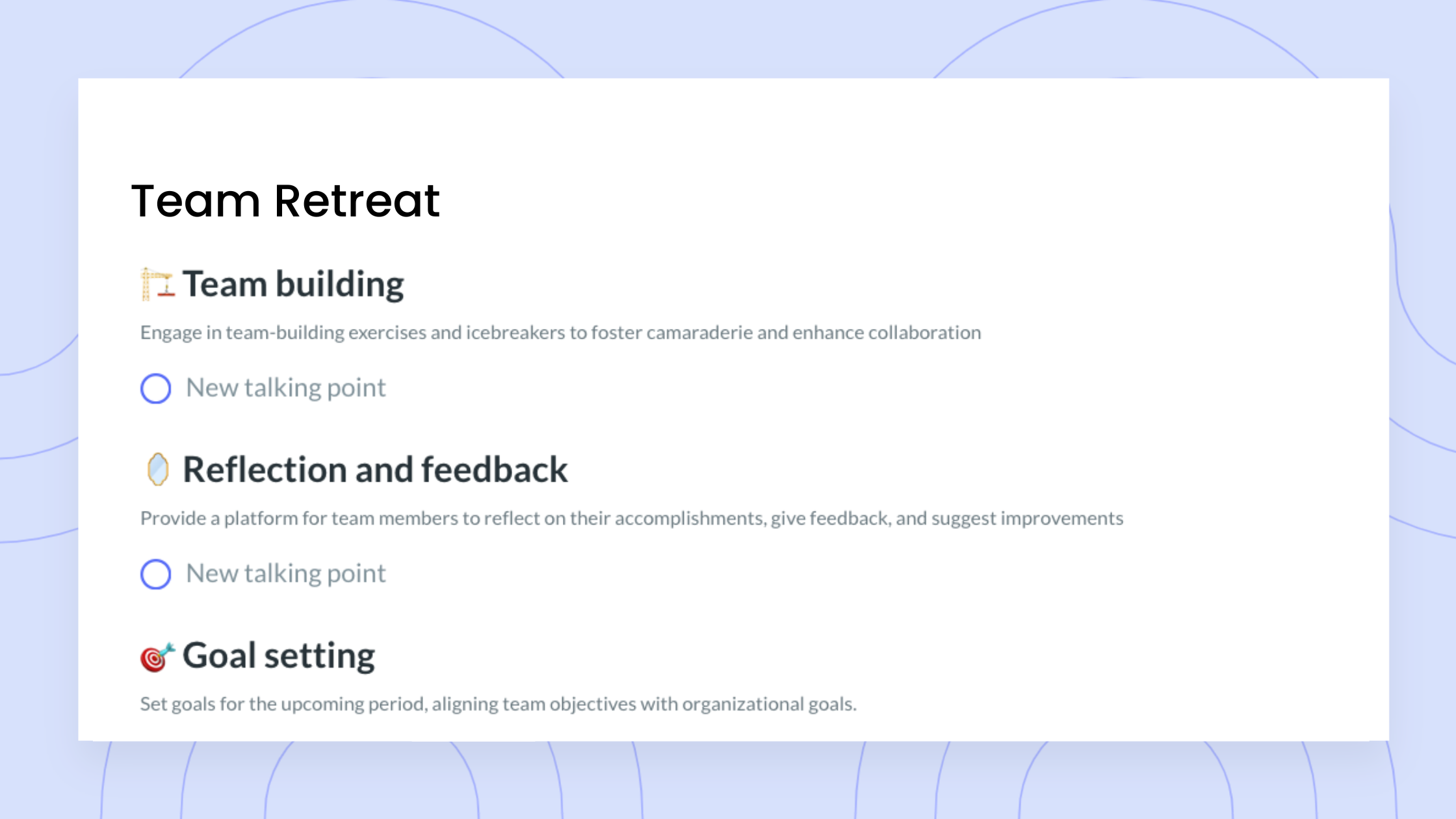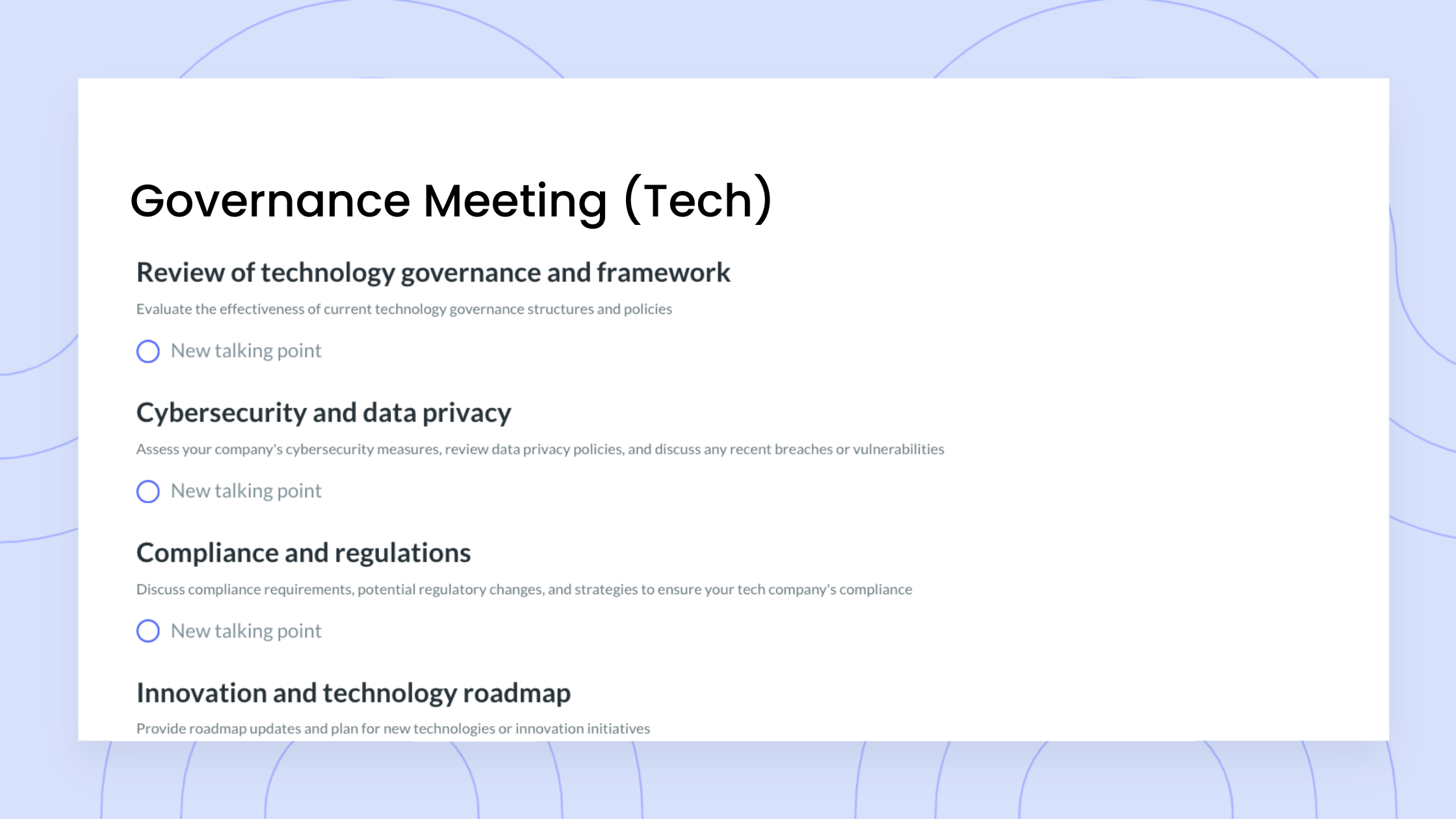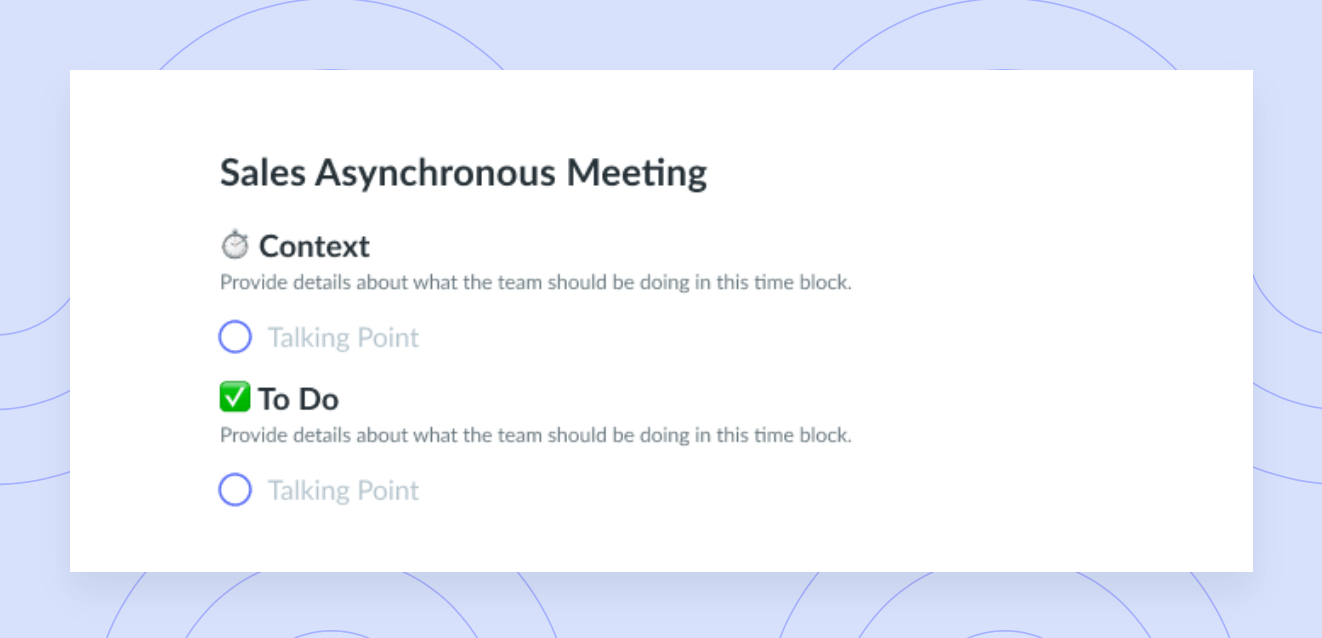Sarah Milstein: Listening and Understanding Versus Reacting and Responding
Learn the importance of listening before giving advice from Sarah, an experienced leader with a passion for coaching.
Sarah Milstein is the VP of Engineering at ConvertKit, previously the Senior Director of Engineering at MailChimp, where she led and coached product teams towards success. During this episode, Sarah teaches us how to initiate productive work and new ideas while cultivating trust amongst teammates that will be working together closely.
Listen to this episode (or read the transcript below) to learn about the importance of paying attention to the emotional health of the individuals on your team.
1 You were the 21st user on Twitter. How did that happen?
My partner was actually working for the company that started Twitter which originally started out as a podcasting company called Audio. During a down week, the company had a hack week for their engineers and a couple of those folks actually started what later became Twitter. I remember my partner coming home at the time and just telling me that there was this really cool thing I had to try, and I immediately knew that it was something that millions of people were going to want to use.
2 Do you have a favorite or most memorable boss?
My truthful answer is that I don’t like having bosses. During my career, I haven’t had that many great managers and that’s part of the reason I’ve chosen to focus on management. I’ve always tried to turn those experiences into lessons so I could become a good manager for other people.
3 In terms of bad bosses, do you have one that stands out?
I’ve had a number of bosses that were very focused on yelling as a way to get things done which usually has the opposite effect on people. Oftentimes they were focused on output rather than outcomes, so they cared more about having you sit in a seat versus the task that you were completing. I had a number of people early on in my career that were certainly abusive, or bullies so there has definitely been a lot of bad boss behavior.
4 When was the first time that you started leading a team?
The first time I led a time was pretty early in my career, but it wasn’t until later that I started to be much more intentional about it. I tend to think about the time when I worked at O’Reilly Media, I had several different roles and the first role was managing a group of editors who were developing a book series to make it much bigger and have a bigger impact. One of the things that happened is that somebody on the team worked often with freelancers, and she didn’t know how to manage the freelancers and so she would come to me and talk about her frustration with it and I would turn around and try to solve that.
I remember once she was talking about a freelancer who was frustrating her with too many questions, and I called the freelancer and told them to stop asking so many questions and the person that was reporting to me was horrified. It was undermining her relationship and it wasn’t the outcome she wanted. Even if it stopped the questions, it wasn’t what she was hoping to get from that conversation with me and I remember it so clearly because it really made me understand that my role as a manager is not just to take in what somebody says and turn around and solve the problem but it’s to really to understand if the person coming to me is asking for help or venting. Inserting myself into a situation like that was not the right answer and I remember this story in particular because it was one of the first examples, I had of self-awareness that I couldn’t just keep acting the way I did normally, and be effective as a manager, or, as a team leader.
5 Should you be a wise advisor or provide a concrete direction as a manager?
If they’re more junior, I’m probably leaning more towards advice. If you’ve determined that it’s absolutely critical that something moves quickly, you can provide advice and then you can go back later and have a bigger conversation about it when the urgency has subsided. You can also have a conversation about how the person could diagnose problems themselves in the future, and you can talk about them together moving forward so that they can use you more as a sounding board and less for input or direction.
6 Do you think that the companies that have been forced to be remote would have had to develop swift trust?
Some have, and research suggests that a huge percentage of people would prefer to be able to work remotely much more often than they were previously. I think people have recognized that you can be productive in a distributed setting and people are learning to trust folks even though they can’t physically see them. It takes some intentional nurturing and takes some work to be able to maintain.
7 Can you talk about a scenario where drama may occur in remote companies?
I used to work for O’Reilly Media and at the time they had an office in Sebastopol, California, north of San Francisco, and an office in Cambridge, Massachusetts, and there were a whole bunch of remote folks all over the country and I had the opportunity to work remotely for a while. One of the things that I observed while working remotely was that I was just focused on my work and the gossip and drama at the company wasn’t very visible to me because it was muted. When I was in the Cambridge office, it was a little bit more pronounced because there were more managers, and more people were gathered in one place.
When I was in the Sebastopol headquarters, it was a huge topic of conversation and the level of drama and gossip was much, much higher in that office than anywhere else. Since that time, I’ve observed in many other companies the same pattern. If you’re in the office, and you’re seeing the way leaders interact with people, everybody tends to really key into that and spend a lot of time reading into it and there’s a lot of focus on the opinions and behaviors of the leaders and a whole lot less focus on the actual work.
8 Do you believe there’s less drama in a remote environment?
If everybody’s remote, the drama is generally muted or not happening. When I talk to people about this phenomenon, they generally agree but they’ve never personally noticed it or pointed it out. If you come from a company where there’s a fair amount of in-person interaction, people are pretty keen to those dynamics already, so it takes a little bit of work to adjust to a remote culture with less drama.
9 What are some common mistakes that people make in a remote environment?
One of the biggest mistakes is assuming that our in-person habits are the only way to address a need. If you think about the purpose of your interactions or the purpose of the systems that you’ve set up, and then brainstorm new ways to meet them, teams and individual managers can come up with a lot of ways to make remote work really effective. You may even hit on solutions that are better than what you had in person and the things you were doing in person were just habitual rather than actually addressing a true need.
10 How do you approach utilizing video calls versus leveraging text-based communication?
At 18 F, it was the norm that people would slack you and ask to have a quick call and that isn’t the norm at Mailchimp. At Mailchimp, everything is scheduled and it’s really rare that people slack each other asking to hop on a quick video call, but I actually find it super useful. I try to set it for folks that report to me or work closely with me because I want them to always feel like I’m available for a quick call. Being intentional about it and saying that it’s something you want to do versus something you have to do is key. It doesn’t require any additional technical systems; you just have to shift your behaviour and embrace different habits.
11 When your team equates project failure with defeat, many will intuitively address the problem by narrowing the scope of new projects in order to make them more likely to succeed. How do you avoid that?
If you’re in a mode where you’re trying to hit on new ideas, you’re still figuring out what’s going to take or what customers need, and you have to experiment and try a lot of different things. We want our folks to take risks and to be able to try new things so we can identify new opportunities and it’s really important as a leader to help people understand failures as lessons that contribute to the company so everyone understands that these scenarios can be learning experiences
People naturally feel a sense of failure when things don’t go as hoped or expected so one of the cheap tools that a leader can provide is rerouting some of those feelings into understanding and productive failure. It’s all about figuring out what we can learn from the situation and identifying how we can pivot and improve in the future.
12 What benefits does writing have for you?
Writing really forces me to clarify my thinking and even open new ideas. The process of writing makes me a better thinker and a more thoughtful manager. Publishing writing also means that people may challenge my ideas or even add to them which also makes me a better manager. Making time to make writing a priority can be really valuable and pay off in a lot of ways long term.
13 What advice would you offer to managers and leaders looking to improve their skills?
Peer mentoring has been a huge part of my journey. I find that you can create magic by finding one or two or three peers with whom you can really share information and honestly talk with each other. That can be one of the biggest boosts to self-reflection that’s needed for development. And sometimes you can find those people in the organization you work for, and sometimes you find them outside of it. It can be hard to find the folks you really connect with and it could take a few tries. But that can be a hugely meaningful connection. And it’s a sort of thing you can easily do over Zoom or Slack. So you don’t need to be in person with each other.








![Problem-Solving Meeting: What It Is and How to Run One [+ Free Template]](https://fellow.app/wp-content/uploads/2022/05/Problem-Solving-Meetings.jpg)
